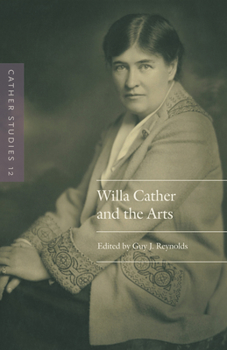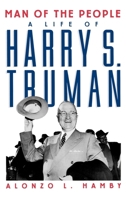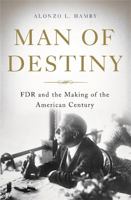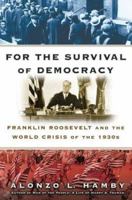Cather Studies, Volume 12: Willa Cather and the Arts
(Book #12 in the Cather Studies Series)
Select Format
Select Condition 
Book Overview
Over the five decades of her writing career Willa Cather responded to, and entered into dialogue with, shifts in the terrain of American life. These cultural encounters informed her work as much as the historical past in which much of her writing is based. Cather was a multifaceted cultural critic, immersing herself in the arts, broadly defined: theater and opera, art, narrative, craft production. Willa Cather and the Arts shows that Cather repeatedly engaged with multiple forms of art, and that even when writing about the past she was often addressing contemporary questions. The essays in this volume are informed by new modes of contextualization, including the increasingly popular view of Cather as a pivotal or transitional figure working between and across very different cultural periods and by the recent publication of Cather's correspondence. The collection begins by exploring the ways Cather encountered and represented high and low cultures, including Cather's use of "racialized vernacular" in Sapphira and the Slave Girl. The next set of essays demonstrates how historical research, often focusing on local features in Cather's fiction, contributes to our understanding of American culture, from musicological sources to the cultural development of Pittsburgh. The final trio of essays highlights current Cather scholarship, including a food studies approach to O Pioneers and an examination of Cather's use of ancient philosophy in The Professor's House. Together the essays reassess Cather's lifelong encounter with, and interpretation and reimagining of, the arts.
Format:Paperback
Language:English
ISBN:1603442987
ISBN13:9781603442985
Release Date:November 2011
Publisher:Texas A&M University Press
Length:216 Pages
Weight:0.75 lbs.
Dimensions:0.7" x 6.0" x 9.0"
More by Alonzo L. Hamby
Customer Reviews
0 customer rating | 0 review
There are currently no reviews. Be the first to review this work.




























